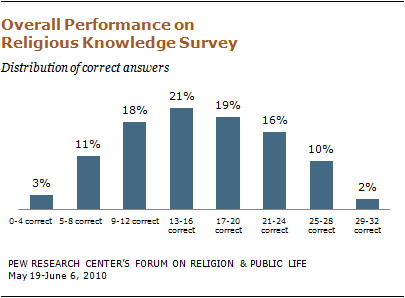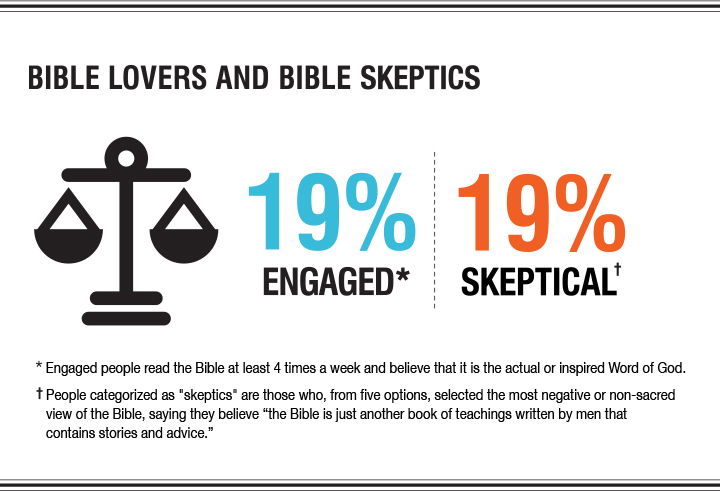By Jeff Brumley
If you are tempted to laugh — or even gloat — because Donald Trump put money into an Iowa church Communion plate recently, don’t.
The same goes for his previous reference to “Two Corinthians,” when he meant to refer to Second Corinthians.
Experts and surveys agree the Republican presidential contender is by no means alone in his ignorance about the Bible and the church.
“Trump is just a symbol of the reality of where Americans are with the institutional church,” said Alan Rudnick, a Baptist minister and blogger on matters of faith and culture.

“He is just one of millions of Americans who say they are Christians but who struggle with knowing what to do in a worship service,” said Rudnick, also a Baptist News Global Perspectives writer active in Cooperative and American Baptist life.
There’s plenty of evidence out there to back that up, he added.
Bible skepticism rising
One piece is a 2010 survey by the Pew Research Center gauging Americans’ religious literacy. It covered the Bible, Christianity, Judaism, Mormonism, atheism and agnosticism. It also asked about other world religions and religion in public life.
The average respondent answered about half of 32 survey questions correctly, Pew reported.

Only 2 percent answered 29 or more questions correctly, and just eight individuals answered each question correctly, according to the report.
What’s more, atheists and agnostics answered more questions correctly than any other group, including Christians. Jews and Mormons were second and third.
The Barna Group also has been tracking the downward trend in Bible reading.
Its 2013 survey on what Americans think of the Bible discovered 61 percent who said they want to read the Bible, which was down from 67 percent in 2011.
And a 2014 Barna survey found that Bible skepticism has risen to the same level as engagement.

“The number of those who are skeptical or agnostic toward the Bible — who believe that the Bible is ‘just another book of teachings written by men that contains stories and advice’ — has nearly doubled from 10 percent to 19 percent in just three years,” Barna reported. “This is now equal to the number of people who are Bible engaged — who read the Bible at least four times a week and believe it is the actual or inspired Word of God.”
And a 2013 LifeWay Research study of the Bible reading habits of North American Protestants found 34 percent said they “rarely or never” read their Bibles outside of church.
That research also found that only 3 percent participate in an in-depth Bible study every day. More than half of respondents said they rarely or never study Scripture.
In a 2014 Christianity Today article, LifeWay executive Ed Stetzer said these trends do not bode well for the church or the nation.
“Non-Christians don’t have even the general idea of the Bible they once did,” Stetzer wrote.
The situation isn’t much better among believers.
“Study after study in the last quarter-century has revealed that American Christians increasingly don’t read their Bibles, don’t engage their Bibles, and don’t know their Bibles,” Stetzer said in the article. “It’s obvious: We are living in a post biblically literate culture.”
‘What a collection plate looks like’
The church is in part to blame for these trends, Rudnick said. Efforts during the 1980s and 1990s to cater to so-called seekers often resulted in watered-down Sunday school programs and other religious education.
The resulting decline in biblical and religious literacy shows up in congregations in very real ways, he said, adding, one is that ministers can no longer assume those in the pews know much — or anything — about biblical stories, characters or books.
“I changed the way I preach 10 years ago,” said Rudnick, executive minister of DeWitt Community Church in DeWitt, N.Y.
Whereas a decade ago he might have preached about the Prodigal Son in just one sermon, today he would stretch that out to four or five messages to cover the background and nuance worshipers once readily knew.
“Now people are less interested in religion and specifically in Christianity. Americans are becoming more and more biblically illiterate.”
And as that trend continues, Rudnick added, it’s no wonder people, including Donald Trump, “don’t know what a collection plate looks like.”
